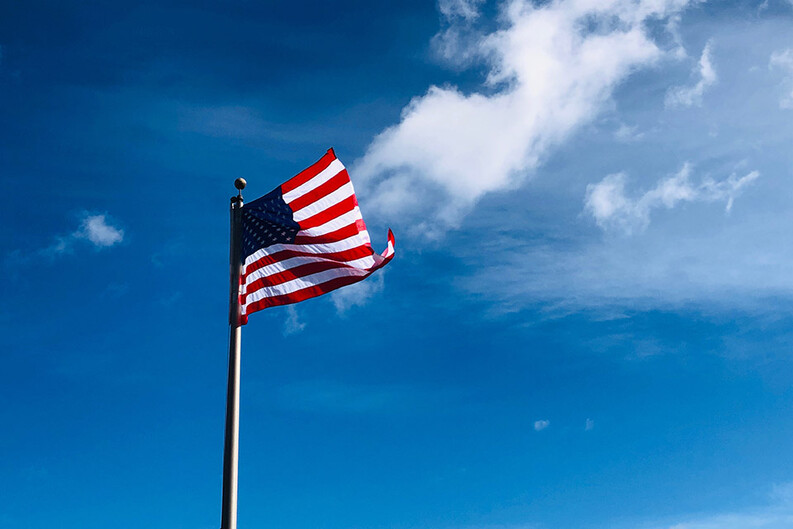Federal Court Approves Major Nationwide Settlement for Post-9/11 Army Veterans

In a historic settlement, the U.S. Army will review the discharges of thousands of veterans affected by post-traumatic stress disorder (PTSD), traumatic brain injury (TBI), military sexual trauma (MST), or other behavioral health conditions, and implement administrative reforms for individuals who apply to have their discharge statuses upgraded in the future. These reforms follow a settlement reached in the nationwide class action lawsuit4 Kennedy v. Whitley. A federal court granted final approval of the settlement on April 26, 2021.
The Veterans Legal Services Clinic5 at Yale Law School represents the plaintiffs with co-counsel Jenner & Block LLP. The clinic is litigating a separate class action lawsuit6 on behalf of thousands of Iraq and Afghanistan Navy and Marine Corps veterans7 who received less-than-Honorable discharges. These “bad paper” discharges can impose a lifetime of stigma, impair employment prospects, and deny veterans access to critical government services including disability benefits, mental health treatment, and the GI Bill.
Under the settlement, the Army will automatically reconsider certain discharge-status-upgrade decisions made by the Army Discharge Review Board (ADRB) between April 17, 2011, and April 26, 2021, that partially or fully denied relief to Iraq- and Afghanistan-era veterans with less-than-fully-honorable discharges. The settlement also expands reapplication rights for eligible applicants who were discharged and received an adverse ADRB decision between Oct. 7, 2001 and April 16, 2011.
“What was most important going forward to me was that everyone else got the same review that I did,” said Steve Kennedy, a named plaintiff in the case who received a discharge upgrade during the litigation. “And that’s the opportunity that thousands of deserving veterans are going to receive in this settlement.”
The settlement also ensures that veterans who submit applications for discharge upgrades in the future will benefit from procedural reforms and new protocols for decision making in cases involving symptoms or diagnoses of post-traumatic stress disorder (PTSD), traumatic brain injury (TBI), military sexual trauma (MST), or other behavioral health conditions. These changes include that the ADRB will inform veterans of their potential right to medical evaluation and possible resources for free legal counsel to aid them in completing their applications. The ADRB will also be required to ensure each applicant has access to a telephonic hearing from their residence or other location, document in more detail any future negative decisions, and train its staff on DOD guidance.
“Thousands of veterans who were denied full relief from 2011 to 2021 will receive automatic do-overs of their applications, but with the benefit of new, more generous standards and procedures. Those denied full relief from 2001 to 2011 will be eligible to reapply and receive liberal consideration of their application,” said Adam Henderson ’23, a law student intern in the Veterans Legal Services Clinic. “For many veterans, this could mean the difference between struggling with PTSD symptoms without adequate healthcare and finally receiving the benefits guaranteed by law.”
Veterans of the Army, including the National Guard and Reserve, who were discharged with less-than-fully-honorable service characterizations while having a diagnosis of, or showing symptoms of, the conditions listed above may be eligible for relief. Discharge upgrades are not guaranteed and applications will be decided on a case-by-case basis. Eligible veterans who have been identified by the Army will receive notice of their rights under the settlement. Veterans who do not receive notice may still be eligible for relief.
The full text of the settlement can be found at http://www.kennedysettlement.com8.
Established in 2010, the Veterans Legal Services Clinic is part of the Jerome N. Frank Legal Services Organization at Yale Law School. Students and faculty represent Connecticut veterans in litigation before administrative agencies and courts, on benefits, discharge upgrade, and other civil rights matters. In addition, students represent local and national organizations in state and federal policy advocacy relating to the legal needs of veterans.


